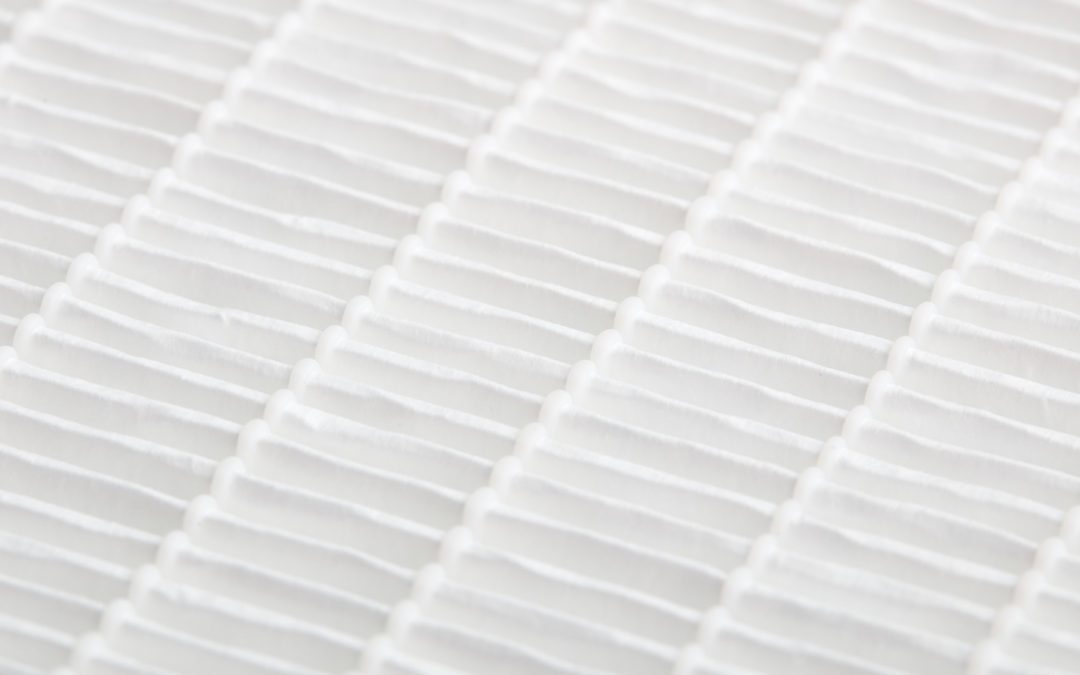Allergy season is here, and it has millions of Americans reaching for the tissue box and the antihistamine tablets. Even those who are diligent about allergy medication when the pollen count outdoors climbs up the charts can suffer symptoms when relaxing at home indoors, though. Pollen comes inside with you and can rush in invisibly every time a door opens. How can you try to correct this issue to enjoy cleaner air at home? When you consider the interaction between better air filters and your allergies, it can be easy to see how to find the relief you seek without relying on taking regular doses of allergy medicine to breathe easier at home.
First, let’s consider how many allergens might be floating unseen in your air, then look at what impact filters can have on air quality.
The Impacts of Allergens in Indoor Air
Many kinds of allergens could be present in your home’s air, and pollen is only a scratch on the surface. Some of the other most common types of allergens present include:
- Pet dander
- Cigarette smoke, if occupants smoke indoors at home
- Dust and lint from the carpet
- Mold spores
- Mildew
For those sensitive to these particles, the result of less clean indoor air is often watery, itchy eyes, congestion or a runny nose, and headaches. It also increases the risk of triggering asthma attacks. Better filtration of the air, combined with other steps, can help you find relief.
MERV and HEPA: Know the Difference
Before we explore filtering solutions, it’s important to keep a critical difference in mind. The disposable filters that you fit into your unit fall under an efficiency scheme known as MERV, and these filters aren’t the same as high-grade HEPA filters, which can trap the largest number of allergens. HEPA filters are usually special installations and typically aren’t fitted to home duct systems because they reduce airflow too much for residential units. However, you can still improve air quality by choosing a filter with the right MERV rating.
What MERV Rating is Best for Those With Allergies?
MERV stands for “minimum efficiency reporting value.” It corresponds to a system for measuring how many small particles the filter captures. The higher the MERV value, the better the filter is at trapping particles such as pollen and dander. Although filters with high MERV ratings can be more expensive, you gain the advantages that come with keeping more allergens out of the air.
Starting from about a MERV rating of 5, filters start to remove some allergens. When you choose a filter with a MERV rating between 13 and 16, you’re getting best-in-class performance. Although the MERV chart tops out at 20, it’s tough to find such professional-grade filters in home unit sizes.
How Often Should You Freshen Up Your Filter?
Putting in the right filter is only the first step. You’ll also need to stay on top of keeping that filter clean. For most homes, that means changing the filter every month or two. However, if you live in a home with smokers, multiple pets, or in an area with lots of pollen-producing trees, you may need to peek at your filter during the month to see how dirty it is. Regular changes are good for you and good for your unit. If you haven’t had your air ducts cleaned in many years, you may also wish to explore more about duct cleaning services. When your air conduits are clean and free from contaminants, your allergy air filters could work more effectively.
What About Single Room Air Purifiers?
If you want to take advantage of HEPA filtration, single room purifiers are an option. How effective they are can depend on the brand, the size of the room, and where you place the unit. However, for those with severe allergies, such a filtration unit may be a good supplemental addition during allergy season. You may find it’s easier to rest with one of these devices running in your bedroom, but results can vary.
Find Suggestions About Air Filter for Allergies
What’s the right approach for your home? Ultimately, that comes down to those in your household and the severity of their allergies. Some may need very high MERV-rated filtration, while others can live with a higher pollen count and never experience symptoms. Regardless of your choices concerning an air filter for allergies, remember to keep your filter changed as regularly as possible to keep the air flowing freely through your system.
When you need help specifically matched to your home’s conditions, turn to an HVAC service provider you can rely upon for insight. Find a trusted resource to explore more about reducing allergens in your home and how to keep your AC system running efficiently and chart a course towards breathing easier every day.

